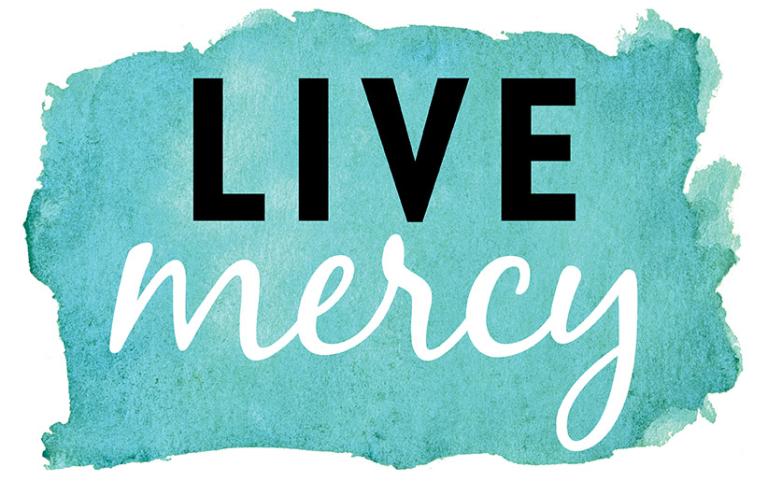
I’m currently involved in a small group book study. The book is called Christ Have Mercy: How to Put Your Faith in Action, by Matthew C. Harrison. This week, we discussed a chapter that centered on missions work in Kenya. The chapter detailed the horrible situation facing many in that nation due to the AIDS epidemic there. As much as 17% of the population in some areas of Africa are afflicted with AIDS. This has left many children orphaned and living in extreme poverty and squalor. The book recounts how missionary efforts helped build new church and orphanage dormitory facilities in a particularly hard hit village and how excited and appreciative the children were. In one particularly poignant passage, Harrison recalls a moment where he asked one of the orphaned boys what he thought of how his home had changed. The 12-year-old replied, “I thank God and Jesus Christ that someone has regarded us as human beings.”
As I read that powerful passage about mercy being shown in Africa, my mind was actually being drawn to things more local. All the while as I read that chapter, something was nagging at me. Then it dawned on me. American Christians sometimes tend to have a much easier time showing mercy to strangers in far away places than we do with people in our own neighborhoods.
We offer mercy to children in Kenya who’ve been orphaned because of AIDS without judgment or conditions. We don’t raise an eyebrow and look them over with consternation wondering what they may have done to put themselves in such a state–we just offer mercy and reflect God’s mercy freely–no strings attached.
Closer to home, it seems that mercy is harder to come by.
Among our own countrymen, we seem to put conditions on our mercy. We see it all the time.
While America doesn’t currently have the severe epidemic problems with AIDS like some African nations do, we still have many dealing with that terrible affliction. Yet, the mercy for America’s AIDS victims seems harder to come by.
Most of us in the U.S. live in opulence in comparison to an AIDS ravaged Kenyan village, so it can be easy to overlook the poverty in our own backyards–but it is there if we’d open our eyes and hearts. In America, where the wealthiest 1% control 40% of the nation’s wealth and the poorest 80% control only 7%, Christians continually support politicians whose economic platforms protect the wealthiest and withhold from the poorest. It’s not my responsibility to support those people–let them get jobs. We’ve all seen those kinds of messages in the social media posts from Christian friends.
Too often, American Christians seem to attach conditions to mercy within our own borders. It seems that those who live here among us must meet certain minimum standards to warrant mercy.
You need some mercy, you say? Do you support the right political candidate? Are you attracted to the right sex? Are you doing everything you can to help yourself? How did you get into such a bad situation in the first place?–perhaps you put yourself there. These are the kinds of conditions I see being placed upon mercy that should be given freely and unconditionally.
I must love God the father, the Son, and the Holy Spirit. And I must love my neighbor.
–Martin Luther
Offering mercy to desperate people half a world away shouldn’t be easier than offering it to people half a block away. So why is it?
Our neighbors need to feel the mercy of Christ reflected through us and they need it without strings attached.
They need us to regard them as human beings.












